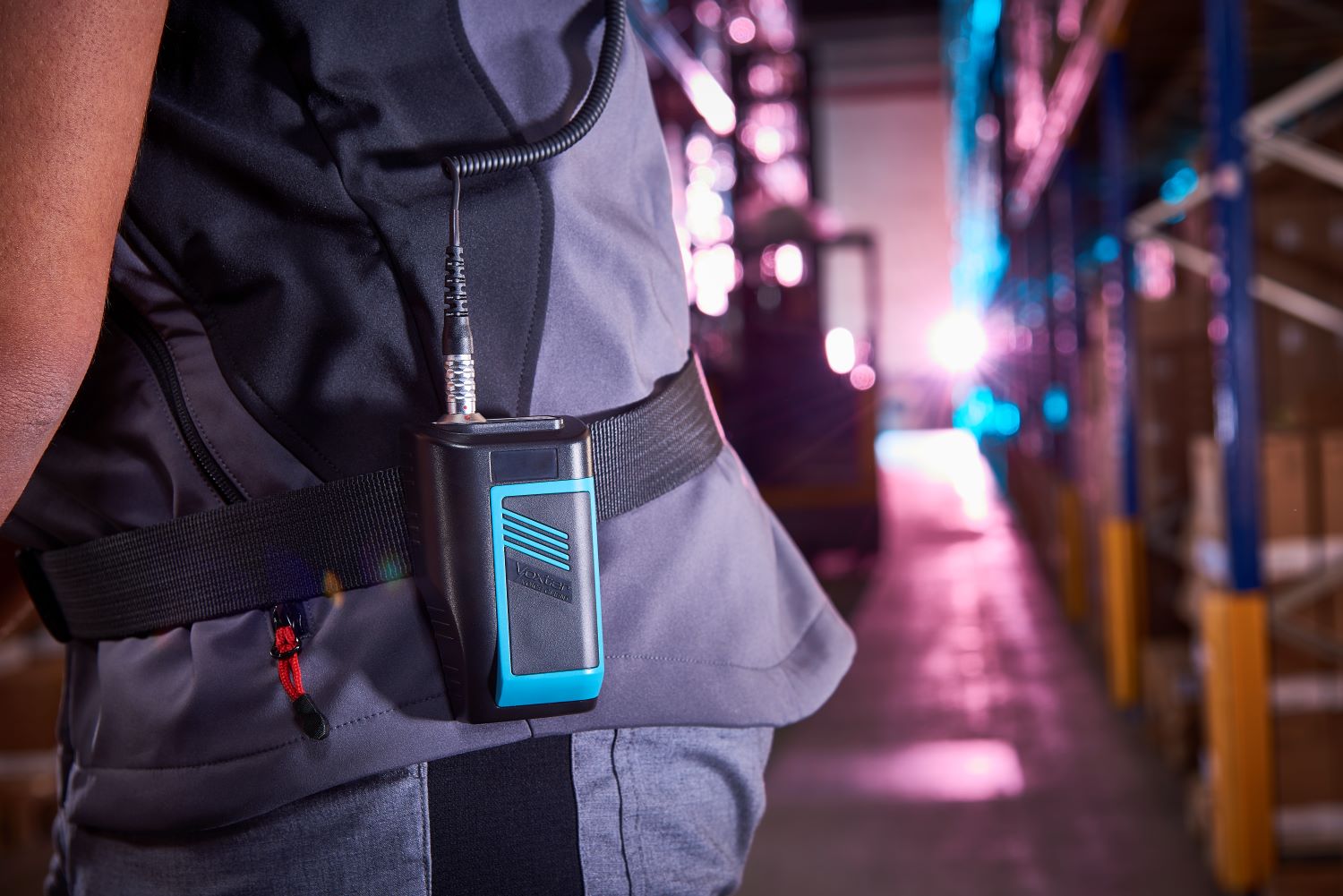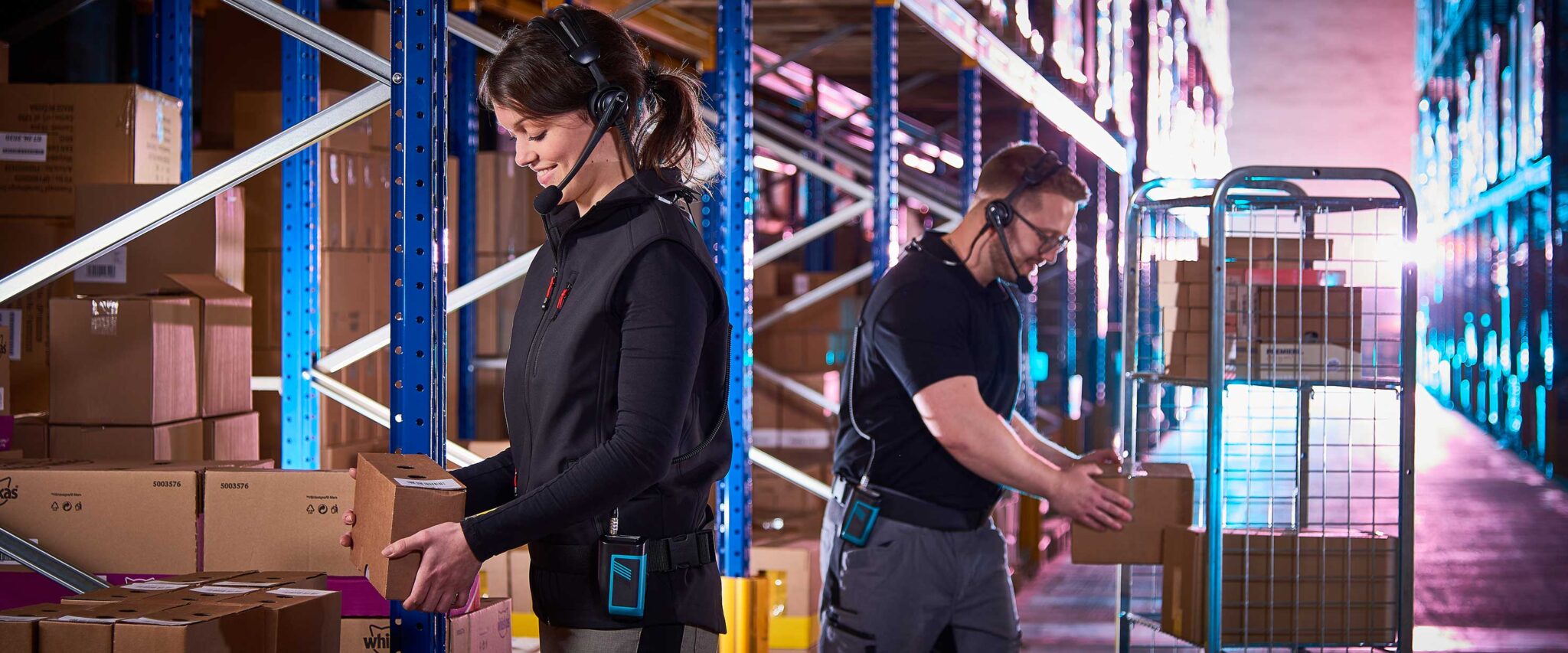Logistics companies around the world are facing tougher requirements each and every day. The global pandemic in particular has underlined how intralogistics processes are having to become faster and faster while at the same time keeping costs to a minimum. Voice solutions like Lydia® have proven to be the most successful option in this agile and demanding environment. However, despite offering a swift return on investment, introducing voice-assisted systems means making investments upfront, and this is something that companies often look to scale back during uncertain times. In a bid to markedly reduce this investment risk, EPG launched a flexible rental model for its Lydia® Voice system at the start of the year. The Lydia® Subscription makes it easy for companies to venture into the world of voice-controlled warehouse operations.
Lydia® Subscription gives clients access to the Lydia® voice solution, which can be used for a variety of voice-controlled applications in intralogistics, production, maintenance and quality assurance. The all-in-one package covers software usage, including all the required voice-application licences and integration into the overarching warehouse management or ERP system.
Users also gain access to comprehensive software support via a hotline, along with regular licence release upgrades. The bundle also come with the Voxter® Elite + voice client, including batteries, charger and maintenance services. Voxter® Scan +, the mobile handheld scanner, can also be included in the rental package if advanced data collection is required. Companies looking to work with voice-compatible mobile devices from other manufacturers have the option of limiting the rental model to just the software as the voice solution is hardware-independent, ensuring users can enjoy maximum flexibility. Lydia®-branded hygiene items, such as headsets, gloves or voicewear, need to be purchased separately for hygiene reasons.
Lydia® Subscription service – Optimising processes under a rental agreement
“The logistics sector operates in a dynamic market environment. Conditions are constantly changing – and the coronavirus pandemic is but one example. That is why logistics companies need to demonstrate maximum flexibility and agility. The Lydia® Subscription service provides a seamless and cost-efficient way for companies to begin optimising their logistics chain and gain access to cutting-edge voice technology. The rental model makes it easy for companies to calculate the total costs they will face,” explains Tim Just, CEO of Voice Solutions at EPG. For many companies, (software) rental models represent an appealing alternative to purchasing the products outright since they can avoid substantial outlays and prevent resources from being tied up for long periods of time. “Flexible subscription models do not require any overall capital expenditures, and therefore do not tie up capital within a company’s fixed assets. Companies therefore not only enjoy tax benefits, but also see a swifter return on investment,” Just says.
During the term of the contract, the system can be flexibly expanded for additional voice users at any time. Once the contact ends, so too does the company’s right to use the software and hardware. The customer can then decide whether to return the system or extend the rental agreement.
“We’re delighted to have come up with a way for companies to leverage major improvements in quality and performance in their picking operations within an incredibly short space of time – even during these challenging times,” Just explains.




